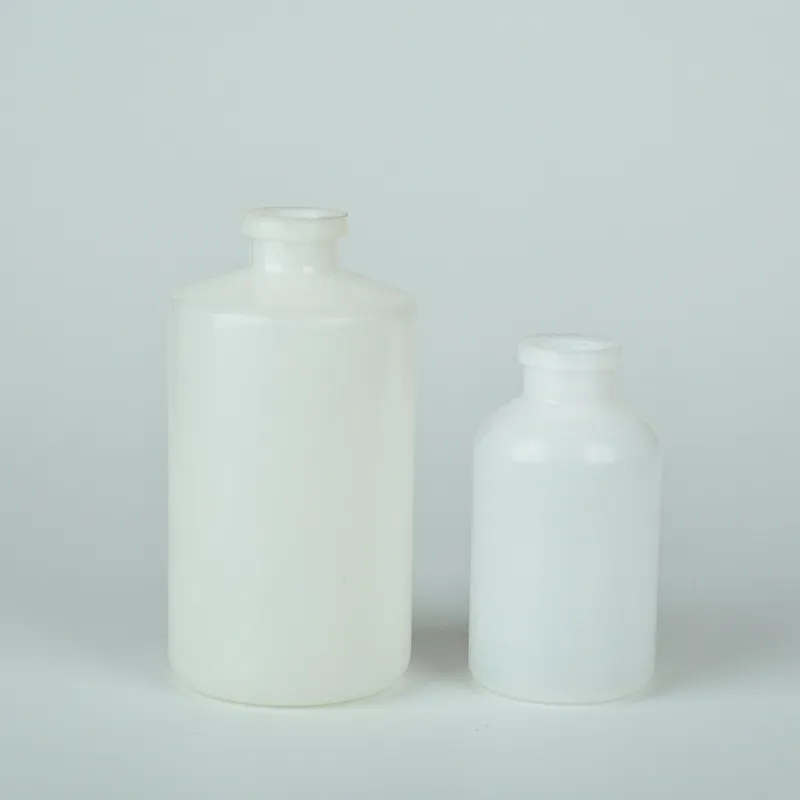
-
 Afrikaans
Afrikaans -
 Albanian
Albanian -
 Amharic
Amharic -
 Arabic
Arabic -
 Armenian
Armenian -
 Azerbaijani
Azerbaijani -
 Basque
Basque -
 Belarusian
Belarusian -
 Bengali
Bengali -
 Bosnian
Bosnian -
 Bulgarian
Bulgarian -
 Catalan
Catalan -
 Cebuano
Cebuano -
 Corsican
Corsican -
 Croatian
Croatian -
 Czech
Czech -
 Danish
Danish -
 Dutch
Dutch -
 English
English -
 Esperanto
Esperanto -
 Estonian
Estonian -
 Finnish
Finnish -
 French
French -
 Frisian
Frisian -
 Galician
Galician -
 Georgian
Georgian -
 German
German -
 Greek
Greek -
 Gujarati
Gujarati -
 Haitian Creole
Haitian Creole -
 hausa
hausa -
 hawaiian
hawaiian -
 Hebrew
Hebrew -
 Hindi
Hindi -
 Miao
Miao -
 Hungarian
Hungarian -
 Icelandic
Icelandic -
 igbo
igbo -
 Indonesian
Indonesian -
 irish
irish -
 Italian
Italian -
 Japanese
Japanese -
 Javanese
Javanese -
 Kannada
Kannada -
 kazakh
kazakh -
 Khmer
Khmer -
 Rwandese
Rwandese -
 Korean
Korean -
 Kurdish
Kurdish -
 Kyrgyz
Kyrgyz -
 Lao
Lao -
 Latin
Latin -
 Latvian
Latvian -
 Lithuanian
Lithuanian -
 Luxembourgish
Luxembourgish -
 Macedonian
Macedonian -
 Malgashi
Malgashi -
 Malay
Malay -
 Malayalam
Malayalam -
 Maltese
Maltese -
 Maori
Maori -
 Marathi
Marathi -
 Mongolian
Mongolian -
 Myanmar
Myanmar -
 Nepali
Nepali -
 Norwegian
Norwegian -
 Norwegian
Norwegian -
 Occitan
Occitan -
 Pashto
Pashto -
 Persian
Persian -
 Polish
Polish -
 Portuguese
Portuguese -
 Punjabi
Punjabi -
 Romanian
Romanian -
 Russian
Russian -
 Samoan
Samoan -
 Scottish Gaelic
Scottish Gaelic -
 Serbian
Serbian -
 Sesotho
Sesotho -
 Shona
Shona -
 Sindhi
Sindhi -
 Sinhala
Sinhala -
 Slovak
Slovak -
 Slovenian
Slovenian -
 Somali
Somali -
 Spanish
Spanish -
 Sundanese
Sundanese -
 Swahili
Swahili -
 Swedish
Swedish -
 Tagalog
Tagalog -
 Tajik
Tajik -
 Tamil
Tamil -
 Tatar
Tatar -
 Telugu
Telugu -
 Thai
Thai -
 Turkish
Turkish -
 Turkmen
Turkmen -
 Ukrainian
Ukrainian -
 Urdu
Urdu -
 Uighur
Uighur -
 Uzbek
Uzbek -
 Vietnamese
Vietnamese -
 Welsh
Welsh -
 Bantu
Bantu -
 Yiddish
Yiddish -
 Yoruba
Yoruba -
 Zulu
Zulu
Exploring the World of Medicine Containers and Their Innovations in Healthcare
The Essential Role of Medicine Vials in Healthcare
In the world of pharmaceuticals and healthcare, medicine vials serve as an indispensable component in the storage, preservation, and administration of medications. These small containers, typically made of glass or plastic, are designed to protect sensitive substances from environmental factors, ensure accurate dosing, and facilitate easy transportation. As the demand for efficient healthcare solutions grows, the role of medicine vials has become more significant than ever before.
Medicine vials come in various shapes and sizes, each tailored for specific types of medications. For instance, they can store everything from liquids and powders to more complex substances requiring special handling. Glass vials are often preferred for their inert properties, which prevent chemical interactions that could compromise the integrity of the medication inside. On the other hand, plastic vials may be utilized for certain applications due to their light weight and flexibility.
One of the critical aspects of medicine vials is their ability to maintain the sterility of medications. Most pharmaceuticals, particularly injectables, require stringent sterile conditions to prevent contamination and maintain efficacy. The manufacturing process of these vials often involves rigorous quality control to ensure that they meet the necessary sterility standards. Additionally, many vials come with an airtight seal that not only protects the contents but also indicates whether the vial has been tampered with. This feature is crucial in providing peace of mind to healthcare professionals and patients alike.
The design of medicine vials also plays a vital role in dosage accuracy. Many vials are equipped with markings that indicate the volume of medication, allowing for easy measurement. Some vials even come with integrated delivery systems, such as dropper tops or syringes, making it easier for healthcare providers to dispense the correct amount of medication without risking overdose or underdose. By ensuring accurate dosing, medicine vials help improve patient safety, reduce medical errors, and contribute to better health outcomes.
medicine vials

Moreover, the advent of technological advancements has led to the introduction of smart medicine vials. These innovative products are embedded with sensors that can track medication usage and provide reminders to patients for their dosing schedules. Such features are particularly beneficial for individuals managing chronic conditions that require consistent medication adherence. Smart vials not only enhance patient engagement but also empower healthcare providers with valuable data about patient behavior, allowing for more tailored treatment plans.
Another important function of medicine vials is their role in the pharmaceutical supply chain. Proper packaging is essential to preserve the stability and efficacy of drugs during transportation and storage. The right vial can significantly minimize the risk of spoilage caused by temperature fluctuations, humidity, or physical damage. As the global demand for medications continues to rise, ensuring that vials meet international packaging standards becomes imperative.
In addition to their practical uses, medicine vials also symbolize trust in the healthcare system. Patients often feel more secure when they know that their medications are housed in reliable, quality containers. This trust is essential for patient adherence, especially for those who may be hesitant about their treatments.
In conclusion, medicine vials are far more than mere containers; they are a crucial element of modern healthcare. Their ability to maintain sterility, ensure accurate dosing, and adapt to technological advancements highlights their importance in improving patient safety and treatment outcomes. As we continue to innovate and advance in the field of medicine, the role of medicine vials will undoubtedly evolve, but their significance in safeguarding our health will remain steadfast.
-
ScienceLabSupplies Premium Small Medicine Bottles & Lab EquipmentNewsApr.29,2025
-
Empty Pill Containers Durable, Leak-Proof & Portable Pill StorageNewsApr.29,2025
-
Petri Dishes Key Uses in Lab & Microbiology Experiments Sterile & DurableNewsApr.29,2025
-
Premium Metal Dropper Bottles - 50ml & 250ml SizesNewsApr.28,2025
-
Small Liquid Medicine Containers Leak-Proof & Durable DesignNewsApr.28,2025
-
Secure Medication Travel Container TSA Approved, Compact & Leak-ProofNewsApr.28,2025






















